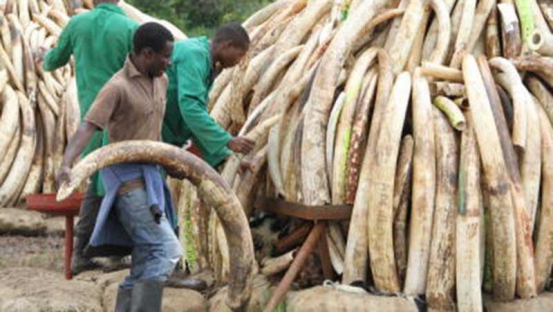×
The Standard e-Paper
Stay Informed, Even Offline

NAIROBI: With the fall in ivory trade in China by nearly two thirds and the ban on global trade in ivory taking effect yesterday, wildlife conservationists are eyeing a bright future.
A new research released on Wednesday has found that commitment by the Chinese government to close all domestic trade in tusks and its products is paying off.